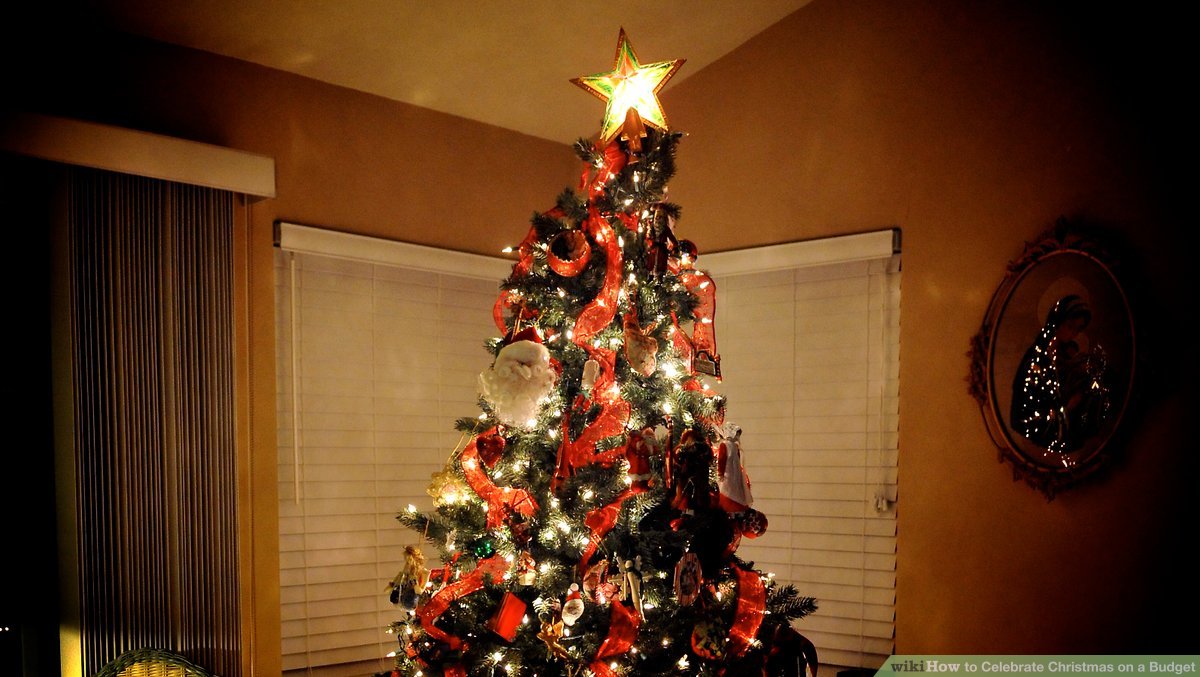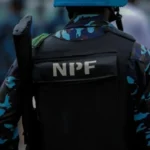It’s December, yet it feels like it was only yesterday that I was putting away my Christmas decorations and welcoming 2024. As always, since I left home, I find myself feeling deeply nostalgic around this time of year. Up until I got married, it was our family tradition to drive from Enugu to Osumenyi, to our country home, for Christmas.
As a child, the drive seemed interminable—most likely because I was too excited to get to Osumenyi and all the fun it promised: catching up with old friends, making new ones, and racing my cousin Chukwuma on our identical Raleigh choppers. At some point, my parents installed a ping pong table, and I learnt to play. To this day, it’s the only sport I can play.
When we got older, my younger sister and I would throw Christmas parties. Our friends from Enugu, who had sometimes travelled to their own towns for Christmas, would attend with their cousins and friends visiting from elsewhere. We’d make even more new friends.
When Chukwuma and my brother began to drive, my sister and I joined them on expeditions to Amichi, Nnewi, and Ukpor to visit friends and indulge in isi ewu at local joints. Often, our parents had no idea where we were. When my brother couldn’t borrow a car, Chukwuma would volunteer to take his father’s Peugeot 504 to the fuel station, swing by our house, and my siblings and I would pile into the car to do something more exciting than filling up a tank. Our parents might have complained about us being out all day or scolded Chukwuma or my brother for turning a fifteen-minute errand into hours of roaming around. However angry they got, they were never afraid for our safety. They never worried about receiving a phone call saying we had been abducted.
‘Defamation’: Court remands human rights lawyer Farotimi
PHOTOS: Shettima, Obasanjo, Atiku, Saraki grace Kwankwaso’s daughter’s wedding
And if we’d gotten into any sort of trouble—say, a car accident—I’m certain we could have counted on the kindness of strangers to help us. Today, I’m not so sure that would be the case.
Only recently, I read about a young man who travelled from Abuja to Awka to bury his mother. He was kidnapped, and when the abductors discovered he didn’t have his phone and claimed he had no one to call for ransom, they shot him three times and left him for dead. One of them drove off in his car. Only divine intervention kept him alive long enough to crawl for help. Tragically, many people he tried to flag down drove off, likely fearing it was a scam to lure them into danger or simply not wanting to get involved.
We’ve all seen those cautionary WhatsApp messages advising against stopping to help anyone—adult or child—no matter how desperate they appear, warning that it could be a decoy for harm. It’s sickening to think that our natural instincts to help have been dulled by the proliferation of such messages, convincing us that every victim might actually be a perpetrator.
This young man’s story broke my heart—not just because of how unsafe our communities have become, but because of how much we’ve come to distrust each other. The idea that a man could lie dying on the road and not a single person would stop to help him is both deeply troubling and sickening.
The Nigeria I grew up in was not perfect, but there was a level of trust that encouraged people to be humane. Strangers stopped to help one another. Private individuals didn’t hire armed guards for protection, and teenagers could roam freely without their parents worrying they’d be arrested on bogus charges or kidnapped for ransom. That sense of trust and community feels steadily eroded, replaced by a gnawing fear—both real and imagined. Anyone that says it hasn’t is living in an alternate reality or has been exceptionally lucky to be shielded from it.
My nostalgia for Christmas isn’t just about the family traditions or the joy of reuniting with cousins and friends; it’s especially a longing for a simpler, safer time. Still, as December unfolds, I hold on to hope—because I must. It is Advent, after all, a reminder that no matter how dark the night, light is on the horizon.
And so, as I hang up my decorations this year and light my first Advent candle—the purple candle for hope—my prayer is for a Nigeria that finds its way out of the dark.

 Join Daily Trust WhatsApp Community For Quick Access To News and Happenings Around You.
Join Daily Trust WhatsApp Community For Quick Access To News and Happenings Around You.


